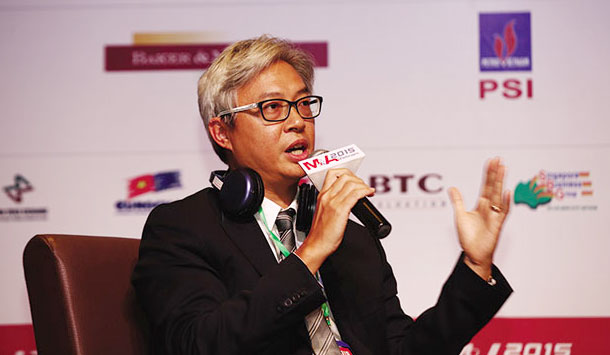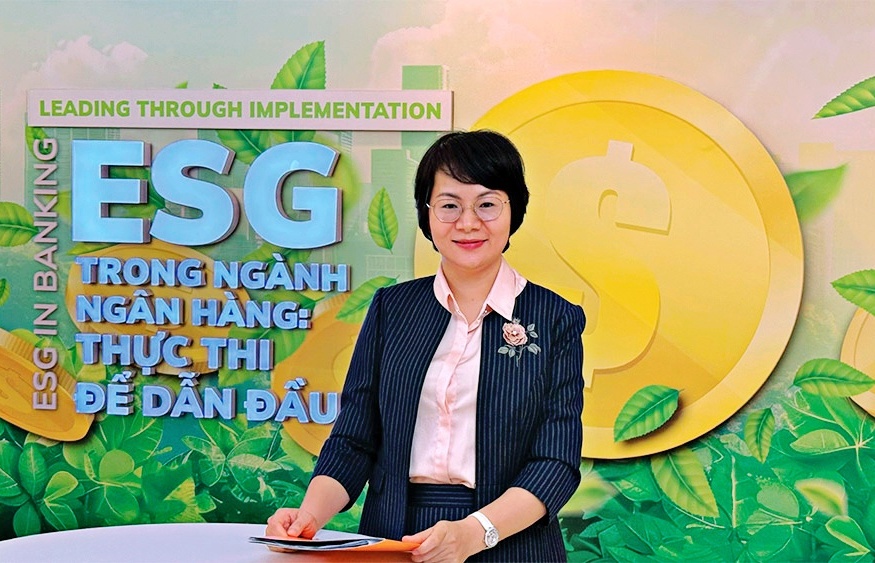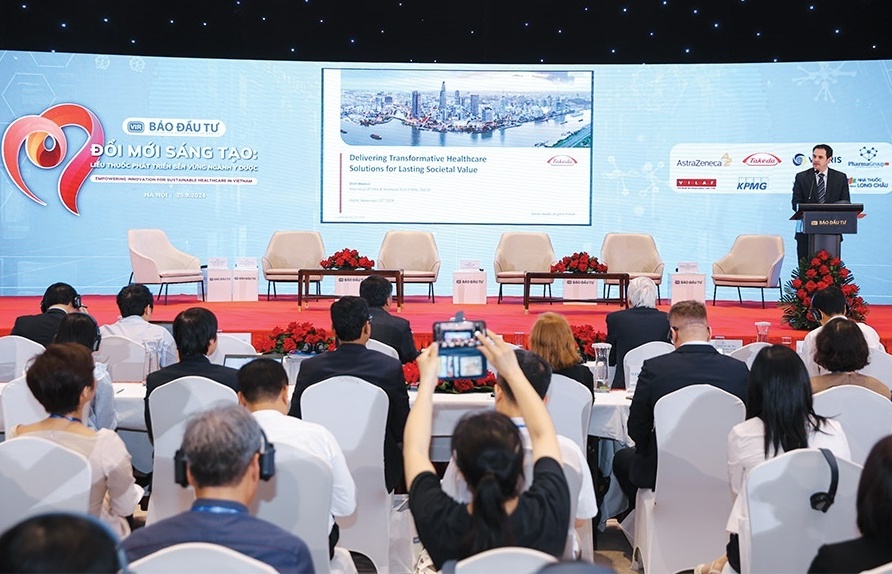Ironing out the wrinkles in Vietnam’s investment sector

The design of its new Law on Investment, advancing opportunities in capital markets, and efforts towards entering into multilateral trade agreements has spread the message far and wide that Vietnam is open for business.
However, there are still challenges in finding and closing merger and acquisition (M&A) deals. Typically with foreign investors and multi-national companies, there is a gap between initial expectations and what local companies can actually demonstrate in terms of corporate governance, organisation, and compliance. The provision of corporate information has improved over time, but information on land ownership, litigation, and bankruptcy proceedings remains difficult to access.
This has had an impact on the time it takes to conduct meaningful legal, financial, and operational due diligences – and, in turn, the time it takes for the parties to agree on valuation and price. By the same token, it also creates opportunities for better organised businesses to look much more attractive as compared to competing targets that are not as well prepared.
While there is little doubt that Vietnam hopes to attract foreign capital and expertise, foreign investment remains highly scrutinised, as can be seen in rigorous foreign investment approval procedures. The new Law on Investment, which took effect on July 1, 2015, promises a change in tack. It purports to hasten and be less restrictive in such procedures.
However, it remains to be seen, in practice, as to whether (for green-field foreign investment) the 15-day investment registration process (except for sensitive sectors and businesses like mining or casinos) will be implemented, or whether the long-standing approach of broader and time-consuming consultation amongst various ministries and authorities will hold sway. Likewise, for the M&A approvals as introduced by the new law, investors would have greater confidence and deals could be more rapidly closed if the procedures being implemented were not unnecessarily burdensome or extended beyond stipulated timings.
Foreign investors are looking forward to September 1, 2015 and the relaxation of the 49 per cent cap on foreign ownership in public companies, as introduced by Decree 60. For investors, whether foreign or domestic, as well as the company itself, this opens the door for more opportunities – whether it is new capital infusion for the target company, more scope for management by a foreign investor, or existing investors hoping for more liquidity. For public companies that are not performing well – and for foreign strategic investors willing and able to retool the company on the premise that it can be managed privately – this relaxation of the foreign ownership cap would help to facilitate the transition from a public to a private company, which in itself, is already a demanding process.
However, this lifting of the foreign ownership cap on public companies is not available for all public enterprises. Primarily, it depends on the business lines of the company and whether market access has been granted to foreign investors in such business lines by way of multilateral treaties or domestic regulations. This 49 per cent cap remains in place for businesses that are subject to conditions applicable to foreign investors. However, where the foreign ownership ratio is not specified, we hope to see clarification from the authorities. We also hope that the list of 267 business lines in the Law on Investment would not, by default, be regarded as the “businesses subject to conditions as applicable to foreign investors” for the purpose of Decree 60.
For new investors into Vietnam, it is advisable to have an understanding of the legal framework and procedures in terms of foreign investment and M&A. Vietnam also has a competition law and economic concentration approval requirements that need to be taken into account, where acquisitions are made involving parties who compete in the same market. Such knowledge will help investors better budget time and cost, and manage or overcome the risks necessary to successfully close a deal in Vietnam.
By Seck Yee Chung Partner at Baker & McKenzie (Vietnam) Ltd
What the stars mean:
★ Poor ★ ★ Promising ★★★ Good ★★★★ Very good ★★★★★ Exceptional
Latest News
More News
- Coordination can ease logistics issues (November 03, 2024 | 20:05)
- Logistics infrastructure can enjoy a bright future (November 03, 2024 | 19:57)
- Connectivity a factor in positive results of logistics companies (November 03, 2024 | 19:37)
- Concerted efforts needed for sustainable aviation (November 03, 2024 | 17:10)
- Evaluation necessary to ensure business development (November 03, 2024 | 10:00)
- Robust fundamentals underpin growth outlook (October 31, 2024 | 17:20)
- Future trends and benefits in Vietnam’s logistics sector (October 29, 2024 | 14:00)
- A stronger digital economy ecosystem for Vietnam (October 29, 2024 | 10:11)
- Transit-oriented vision more than simply policy (October 24, 2024 | 18:00)
- Japanese groups accelerate their M&A activities in Vietnam (October 24, 2024 | 16:26)


















 Mobile Version
Mobile Version